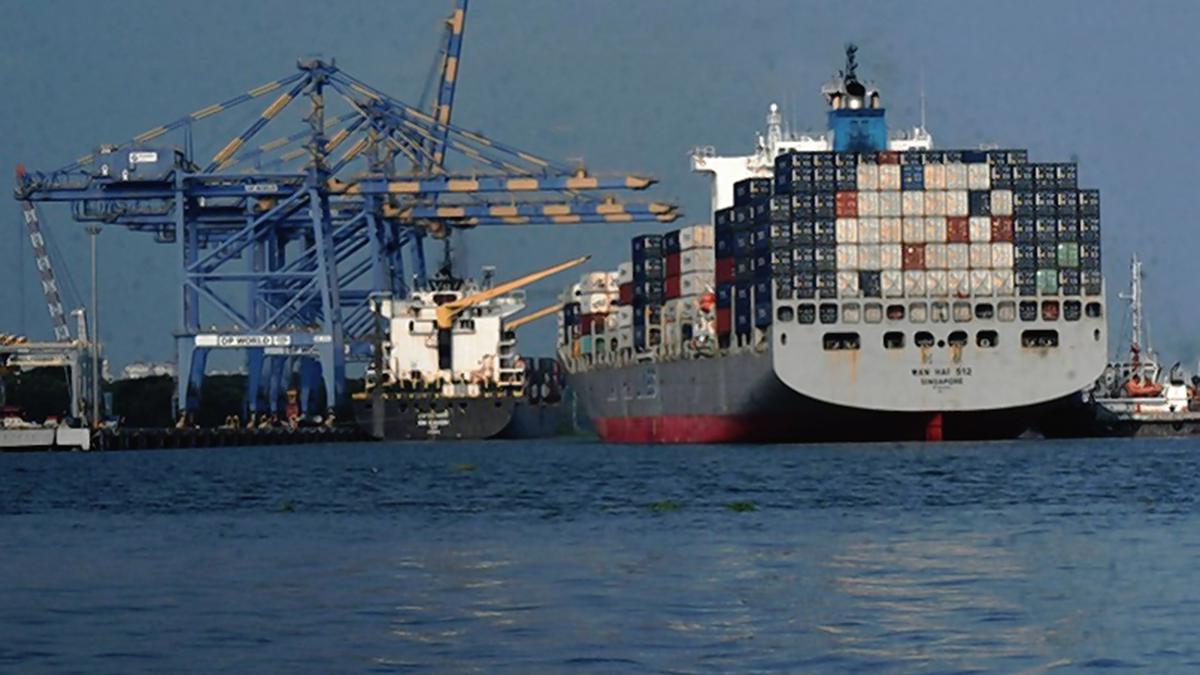
Commerce Ministry to help exporters maintain proper documentation to deal with U.S. countervailing duty cases
The Hindu
Indian government & exporters work together to help maintain proper documentation for US countervailing duty cases on domestic products.
The Commerce Ministry has started an exercise to help Indian exporters keep proper documentation to deal with U.S. countervailing duty cases on domestic products, an official said.
As part of the exercise, teams of the Directorate General of Foreign Trade (DGTR) and Directorate General of Trade Remedies (DGTR) are working on a roadmap to work on the kind of documentation that needs to be maintained by Indian exporters.
Before imposing countervailing or anti-subsidy duty (CVD), a country carries out detailed investigations on products which it believes that its trading partner is subsidising for export purposes. Subsidising exports is a kind of unfair trade practice.
Countervailing duties can only be imposed if the investigating agency of the importing country determines that the imports of the product in question are subsidised and are injuring a domestic industry.
Imposition of this duty does not prohibit or restrict imports. World Trade Organization (WTO) allows its member countries to use these tools to provide a level-playing field to their domestic players.
The U.S. has conducted countervailing investigations and submitted final determination on three Indian products – paper file folders, common alloy aluminium sheet, and forged steel fluid end blocks.
The European Commission too has conducted a similar probe on certain graphite electrode systems from India.













